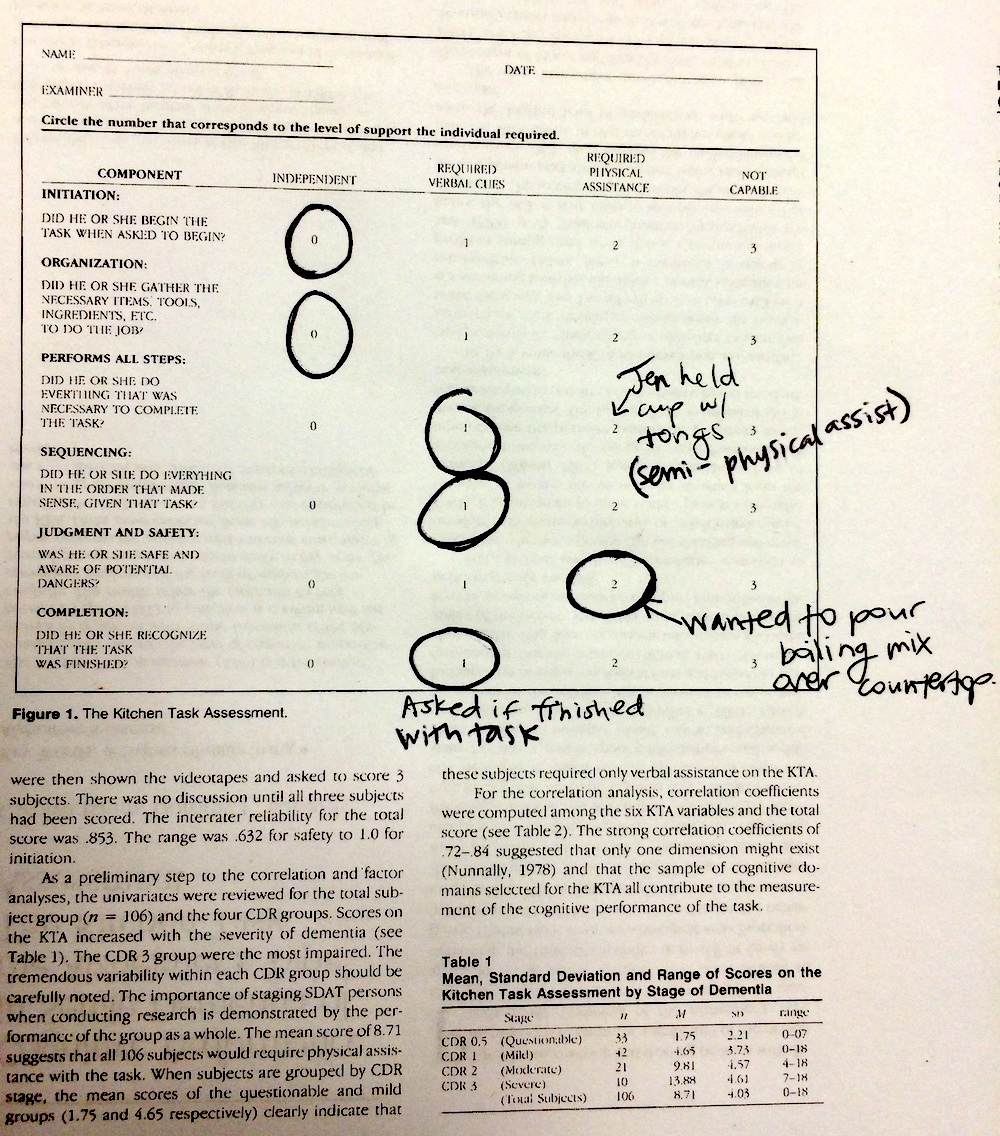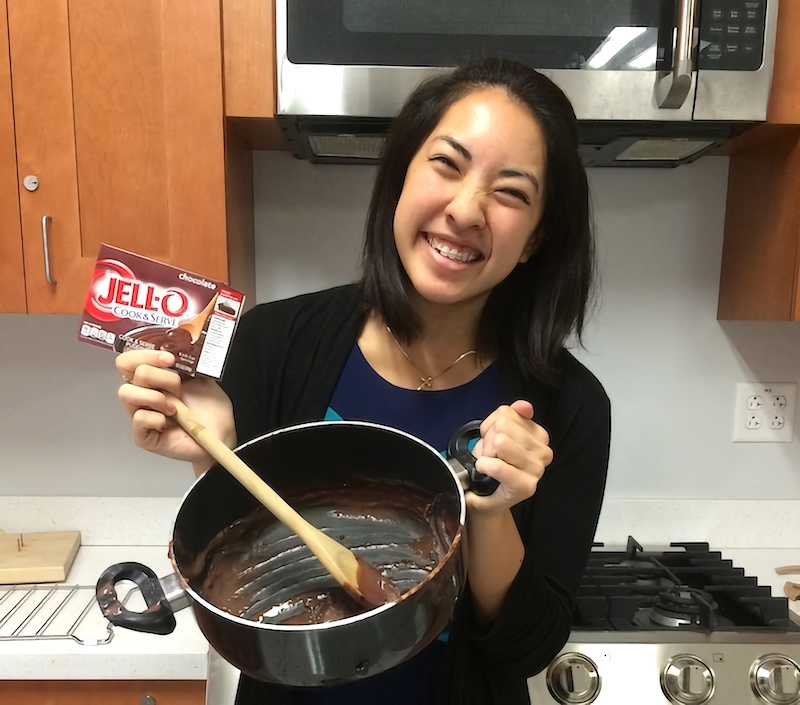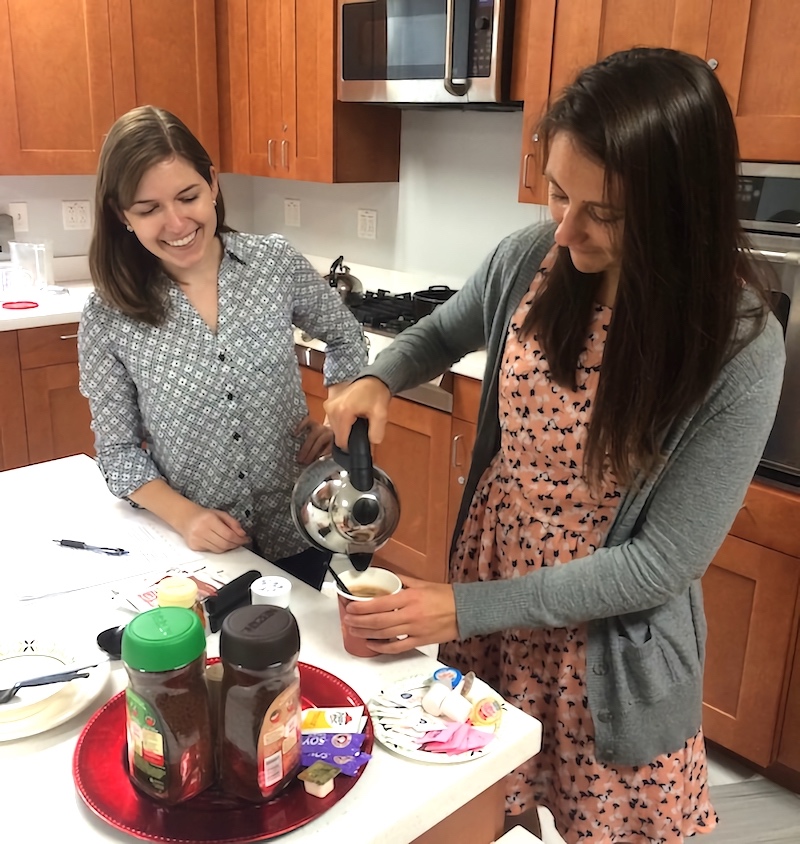Assessing Cognition While COOKING!

October 24, 2015
by Rashelle
This week, in the Primary Care Elective class, we learned how to assess somebody’s cognitive abilities, by analyzing their performance in the kitchen! To begin, we looked at the Kitchen Task Assessment, which requires a patient to prepare pudding by following the directions of a commercial package. I was able to role play as the patient in front of the class, as another student pretended to be my therapist. Due to my limited knowledge in cooking and safety awareness, I fulfilled the perfect role of a patient needing cognitive support during a functional task of daily living.
The picture below displays the score I got on the Kitchen Task Assessment.

Scoring the Kitchen Task Assessment
As you can see, I required assistance from my therapist both in verbal cues and physical assistance. Jen, the practicing therapist, needed to give me verbal reminders of when to add in the pudding mix to the boiling water, how many cups were needed to pour the finished pudding into, and when the task had come to a complete end. I required slight physical assistance when Jen held one of the cups for me to pour the pudding into, and when I attempted to pour the boiling hot pudding mix into the cups on the counter, in an unsafe manner. PHEW. Was it a relief when I finished!

Finished Pudding After Completion of Kitchen Task
Every step of the pudding-making process we, as a class, discussed possible scenarios that we may encounter when working with a patient that may have an actual cognitive impairment (e.g., when diagnosed with Alzheimer’s or a traumatic brain injury). After role-playing this encounter, I can better empathize with my future patients, whom may face confusion, agitation, disappointment, apprehension or timidness while performing this task. I am excited to also be able to problem-solve with these patients on how they can change their approach to the task, to be able to cook as independently as possible, in a safe and effective manner.

Kettle Test
Here, two other students, Kellyn Trummer and Renée Boivin, are demonstrating the Kettle Test — a cognitive functional screening test that requires a patient to prepare two cups of hot beverages. Similarly to the Kitchen Task Assessment, every component of the task is scored on the patient’s level of independence, which the therapist then will use to determine the amount of assistance the patient will need tp perform a functional task. For instance, the Kettle Test analyzes a person’s ability to prepare the hot water, assemble the kettle and add all of the ingredients together despite having visual distractions.
Overall, this lesson was a great opportunity to improve our clinical reasoning skills, and to practice assessments that an occupational therapist may use in the future!
⋯
Next by tag Classes ⟩ What are OS/OT? ⟩
⋯





